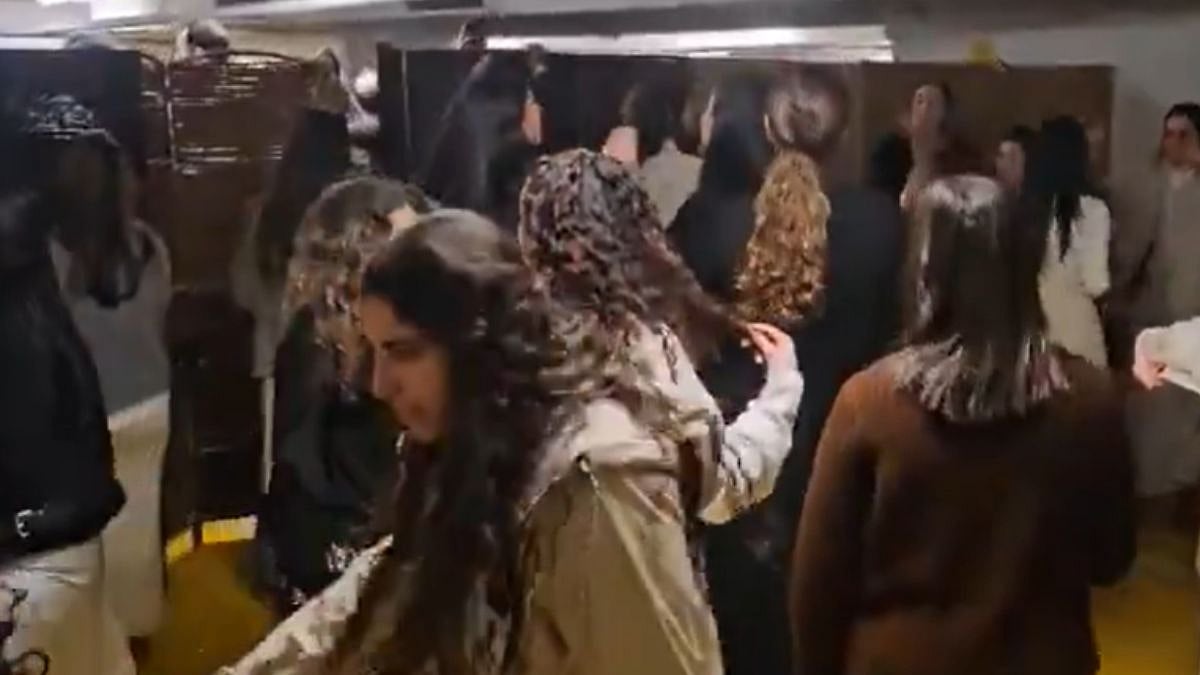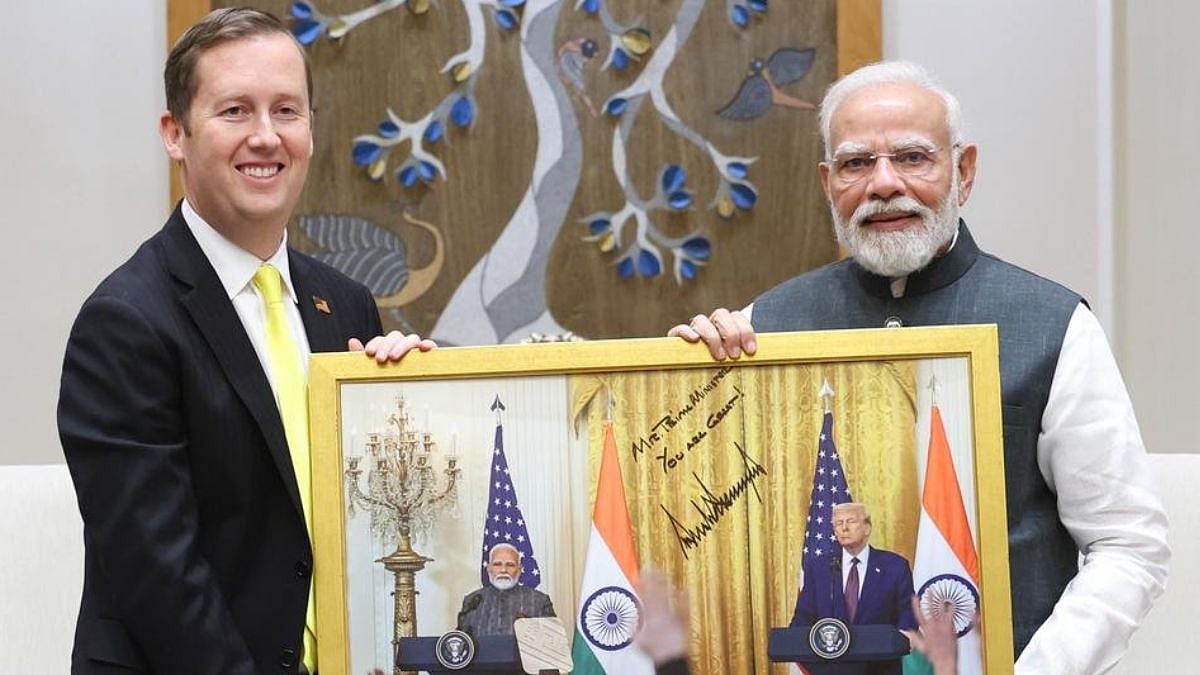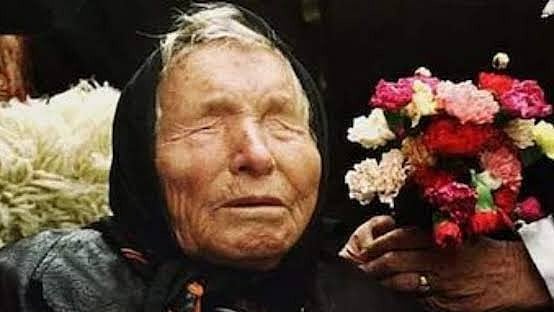Bhopal (Madhya Pradesh): Indian wordsmith Saratchandra Chattopadhyay is often compared with French storyteller Guy De Maupassant. Both described the socio-economic conditions of the two countries without being judgmental. Their eyes were in their hearts. Their stories leave a permanent imprint upon the reader’s mind.
A short story, Abhagir Swarga (The Heaven of the Wretched), written by Chattopadhyay, portrays a Dalit woman’s wish to go to Heaven after her death; and how her minor son was treated when he prayed for woods to the landlord for his mother’s funeral.
Deprived of wood to light the pyre of his mother, the boy, Kangali (The Miserable), had to complete the rituals with a bundle of straw. The story of Abhagir Swarga thus ends: “After Kangali lit the pyre, those who were present at the funeral laid Abhagi’s body in a deep ditch dug up on the bank of a river. Everyone got busy with their work. But Kangali sat near the spot staring at the twirling smoke emanating from the bundle of straw, without blinking.”
In Le Gueux (The Beggar), Maupassant delineated the pathos of a beggar, Nicholas Toussaint. His sufferings are almost like the miseries of Kangali. Kangali was deprived of wood to perform his mother’s last rites, limping Toussaint was denied a morsel of food. The ending of The Beggar is as melancholic as that of Abhagir Swarga. Maupassant wrote: “He was shut up in the town jail. It did not occur to the police that he might need food, and he was left alone until the following day. But when in the early morning they came to examine him, he was found dead on the floor.”
The world of Chattopadhyay and Maupassant is marked by the yawning gap between the rich and the poor and social conflicts. Both shared a revolutionary spirit. The other thing in common between them is – inner psychological turmoil. They depict simple daily tasks and detail anger, death, and other human crises – as their own. They were realists and saw the mean-minded pettiness of the rich with hearts as dry as a piece of wooden log. The end of Devdas signifies his state of mind.
Similarly, the end of Maupassant’s Forte Comme La Mort (As strong as Death) and Notre Coeur (The Human Heart) embodies his mental condition. Wrote Maupassant in As Strong as Death: “The Countess, motionless, felt an intolerable terror rising in her soul.
Nightmare assailed her; fearful thoughts filled her mind; and she thought she could feel that Olivier's fingers were growing cold within her own. Was that true? No, certainly not. But whence had come that sensation of inexpressible, frozen contact? She roused herself, wild with terror, to look at his face. It was relaxed, impassive, inanimate, indifferent to all misery, suddenly soothed by the Eternal Oblivion.” We can draw a parallel between the last scene of Devdas and that of As Strong as Death.

At the end of the novel, Devdas wanted to meet his beloved, Paru, who was married to a Zamindar. It was night. As it was going towards dawn, the life of Devdas was also ending. He was in a bullock cart and asked its driver; else, it might be too late. Devdas wanted a glass of water from the bullock cart driver who went to a nearby pond and brought it.
Drops of blood had been coming out of his nostrils since the evening, Devdas tried to stop it by strongly gripping his nose with his fingers. He was too weak to stop blood. He said, “How far?” The driver replied: “Just half a mile. We will reach there by 10pm.” “God!” Devdas said. “The bullock cart could not reach the house of the landlord of Hatipota. The cart driver told Devdas to come out, but he could not.
The bullock cart driver somehow took him out of the bullock cart, laid him under a banyan tree and covered his face with a shawl. Devdas was not able to speak.” At daybreak, the landlord called a doctor and himself reached the place. Devdas looked up at the sky but failed to utter any word. The doctor said, “He is going to die.” The Eternal Oblivion soothed Devdas’s sufferings.

.jpg)




